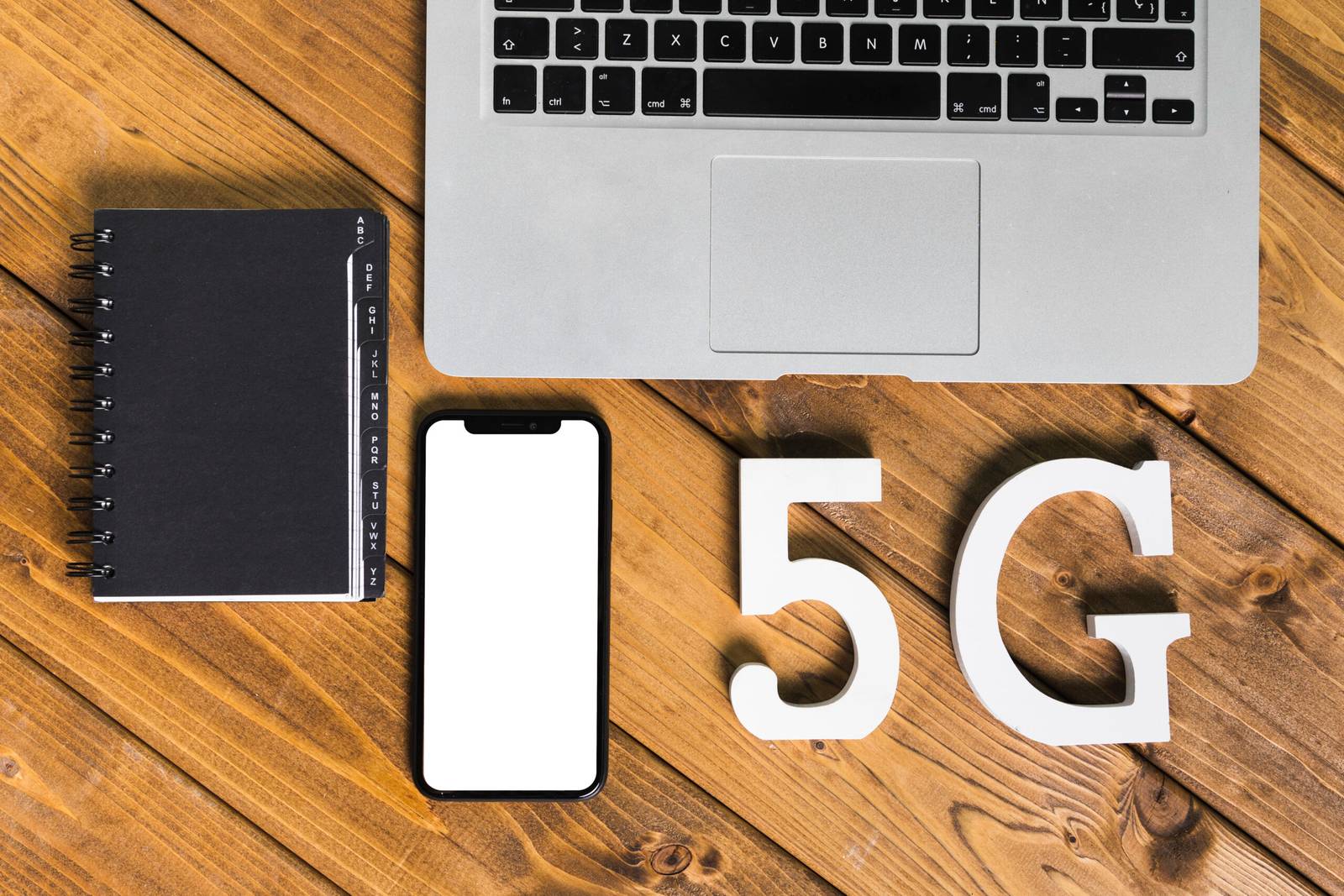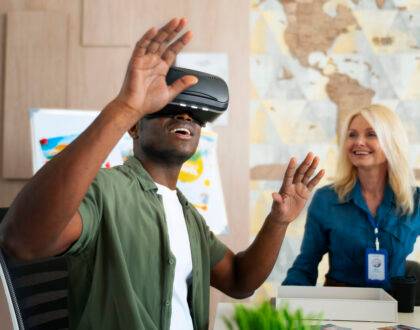The Impact of 5G on Mobile Marketing

by Web Digital
The advent of 5G technology has ushered in a new era of connectivity, promising faster speeds, lower latency, and enhanced network reliability. While these improvements benefit various sectors, they hold particular significance for mobile marketing. 5G is poised to revolutionize the mobile marketing landscape, opening up new possibilities and challenges for businesses seeking to engage with consumers in a hyperconnected world. In this article, we will delve into the impact of 5G on mobile marketing, exploring the opportunities it presents, the changes it brings, and the strategies businesses can adopt to harness its full potential.
1. Enhanced User Experience
One of the most significant impacts of 5G on mobile marketing is the dramatic improvement in user experience. With 5G’s lightning-fast speeds and reduced latency, mobile websites and apps will load almost instantly. This means that marketers can deliver content, including high-definition videos and interactive experiences, seamlessly and without the frustration of slow loading times.
2. Video Marketing Dominance
5G’s superior bandwidth and speed are poised to make video marketing even more influential. Marketers can create and distribute high-quality video content to mobile users without worrying about buffering or quality issues. Live streaming, augmented reality (AR), and virtual reality (VR) experiences will become more accessible, offering innovative ways to engage with audiences.
3. Location-Based Marketing Precision
5G’s increased accuracy in geolocation services allows for more precise location-based marketing. Businesses can deliver highly targeted promotions and offers to users based on their real-time location, increasing the effectiveness of location-based advertising.
4. Augmented Reality (AR) and Virtual Reality (VR)
5G’s low latency and high bandwidth are set to supercharge AR and VR experiences on mobile devices. Marketers can leverage AR and VR to create immersive and interactive campaigns that blur the line between the physical and digital worlds, offering unique and engaging experiences to consumers.
5. Internet of Things (IoT) Integration
5G’s capabilities are a game-changer for the IoT. As more devices become interconnected, mobile marketing can tap into this vast ecosystem. Marketers can use IoT data to deliver highly personalized and context-aware content, such as targeted advertisements based on a user’s connected devices and activities.
6. Real-Time Data Streaming
5G facilitates real-time data streaming and analysis, enabling marketers to gain immediate insights into user behaviour and preferences. This data can be used to tailor marketing campaigns on the fly, delivering personalized content that resonates with users at the moment.
7. App-Less Experiences
With 5G, the need to download and install apps for certain interactions may diminish. Progressive web apps (PWAs) and instant apps will become more prevalent, allowing users to access content and services directly through their browsers. Marketers need to adapt to these changes and optimize their mobile web experiences accordingly.
8. Ad Formats and Creativity
The speed and capabilities of 5G allow for more creative and interactive ad formats. Marketers can experiment with rich media, gamified ads, and immersive storytelling to capture users’ attention and create memorable brand experiences.
9. Data Privacy and Security
As mobile marketing becomes more data-driven with 5G, ensuring user data privacy and security is paramount. Marketers must adhere to stringent data protection regulations and implement robust security measures to build and maintain trust with consumers.
10. Content Delivery Networks (CDNs)
CDNs will play a crucial role in optimizing content delivery over 5G networks. Marketers should partner with reliable CDNs to ensure fast and reliable content delivery, particularly for global audiences.
11. Competitive Advantage
Early adoption of 5G in mobile marketing can provide a significant competitive advantage. Brands that embrace technology and innovate their marketing strategies are more likely to stand out in a crowded marketplace.
12. Challenges and Considerations
While 5G brings immense opportunities, it also presents challenges. Marketers must consider the potential backlash against more intrusive or data-heavy advertising, the need for adaptable marketing strategies, and the necessity of keeping pace with rapidly evolving technology.
Conclusion
5G technology is poised to reshape mobile marketing in profound ways. The increased speed, reduced latency, and enhanced connectivity it offers will unlock new possibilities for marketers to engage with consumers. From video marketing dominance and location-based precision to immersive AR and VR experiences, 5G’s impact is far-reaching. To harness its full potential, businesses must adapt their strategies, embrace emerging technologies, and prioritize user data privacy and security. As the 5G era unfolds, mobile marketing will continue to evolve, presenting both challenges and opportunities for businesses aiming to connect with audiences in a hyperconnected world.
Recommended Posts

The Evolution of AI in Education
December 4, 2023

Blockchain and the Future of Digital Voting
December 4, 2023

